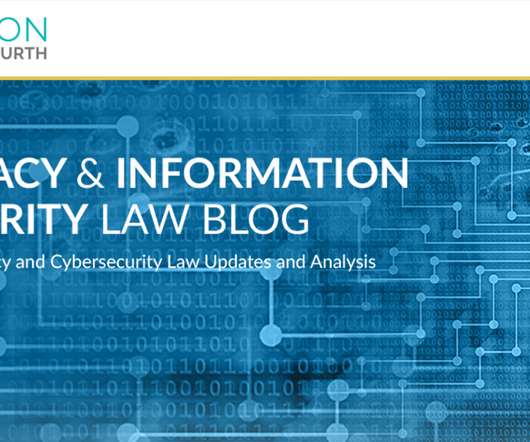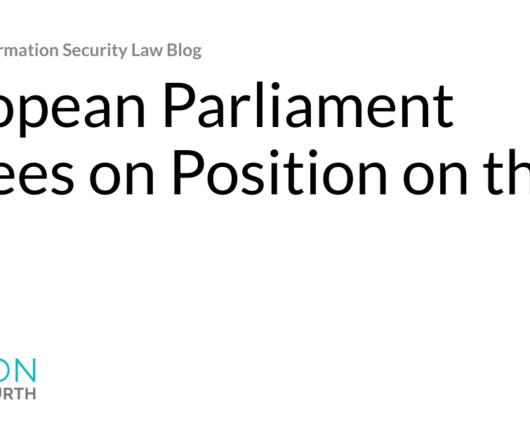German DPA Guidance on Employee Data Protection and COVID-19 Issues
Hunton Privacy
APRIL 1, 2020
The Conference of German Data Protection Authorities (“DSK”), the body of the federal and state Data Protection Authorities (“DPAs”) in Germany, recently issued joint recommendations regarding employers’ processing of employee personal data in the context of the coronavirus (“COVID-19”) pandemic.














Let's personalize your content